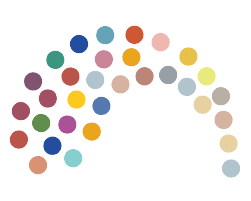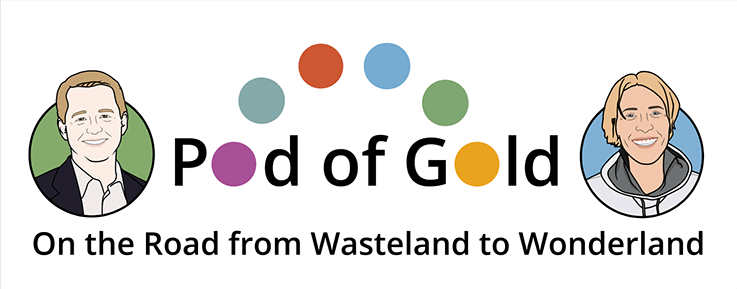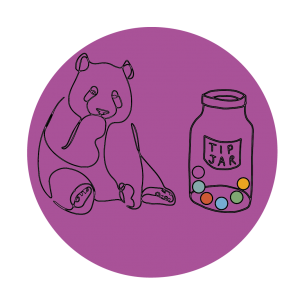Sustaining Social Impact | Kerryn Krige
We need to support social impact work now more than ever. For the sake of our environment, for our health and wellbeing, we need people working to make a difference. Unfortunately, work for the good of others isn’t always work that pays. How can we sustain social and environmental work in the long term? In this episode, we speak with Kerryn Krige, a specialist in social entrepreneurship, about new economic models for social impact and solidarity.




